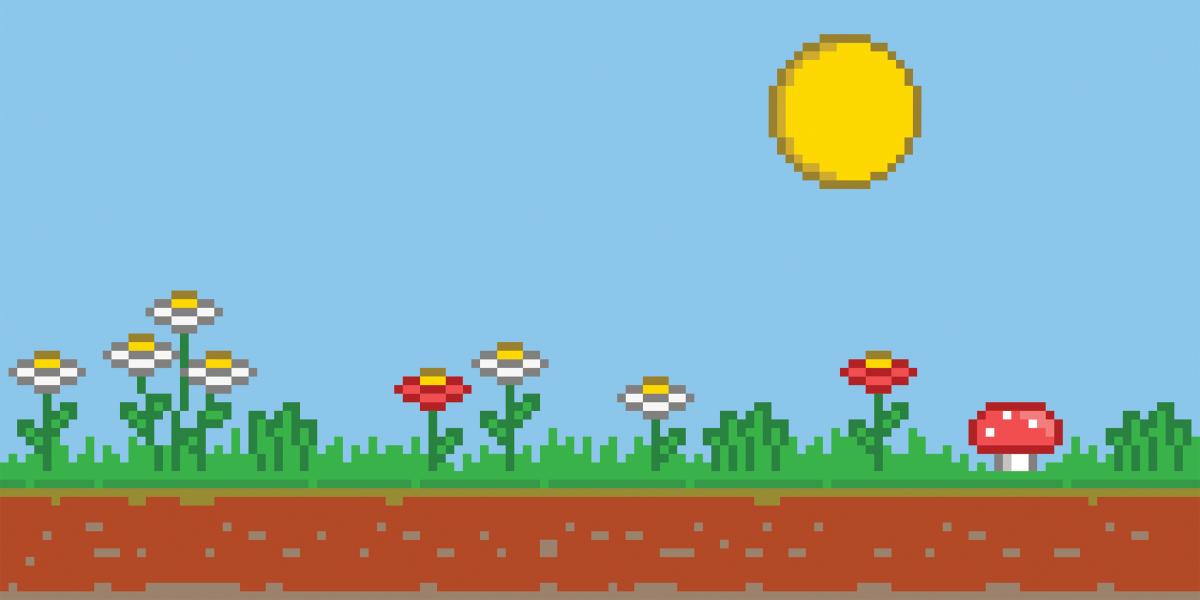Mind Games
Hitting restart on the public health conversation around gaming.
To reach higher levels in a video game like “Dance Dance Revolution,” Michelle Colder Carras, PhD, knows you need new footwork. To advance a quest in “World of Warcraft,” you must forge new alliances.
And if researchers want a deeper understanding of gaming’s effects on mental health, they may need to shift their stance and form new partnerships with gamers, says Colder Carras, a postdoc in Mental Health and self-identified gamer.
“Researchers have to figure out where we want to position ourselves and how we can best partner with these communities,” says Colder Carras, who is currently studying the role gaming plays in veterans’ mental health.
While about half of Americans—160 million people—now play video games, public health literature largely focuses on gaming’s negative aspects, comparing internet gaming disorder to substance abuse and pathological gambling.
But Colder Carras says such definitions are one-dimensional and unevenly focused on screen time rather than the quality of that time. The social dynamics of gaming also merit further research, she says, pointing to one of her recent studies. It found that adolescents who played video games for four hours per day but also socialized online while gaming and had high-quality friendships, felt less addicted and showed fewer psychosocial problems than those who gamed the same amount of time but were less social.
“We need to develop a definition of gaming disorder that targets people who really have problems—not cause problems for people who are just enthusiastic gamers,” she says. An improved definition of problem gamers could lead to better collaboration with gamers to create more effective interventions, even embedding them within popular games. She is now researching grassroots forms of gaming-related mental health care. For example, the organization StackUp.org provides those in the military overseas and veterans with video game “supply drops” to help them work through physical and emotional injuries via gaming and a related online community.
“It’s more meaningful to try to create these linkages when you’re a researcher with a personal, well-developed understanding of what you’re studying,” says Colder Carras. “That’s why I keep trying to get my advisers to come play video games with me.”
